Page 1
Tag: Environmental Investigation Agency
-

Report highlights hidden impacts of HFOs
The Environmental Investigation Agency (EIA) has released a report that explores the upstream and downstream impacts of HFOs, the latest generation of fluorinated refrigerants.
-
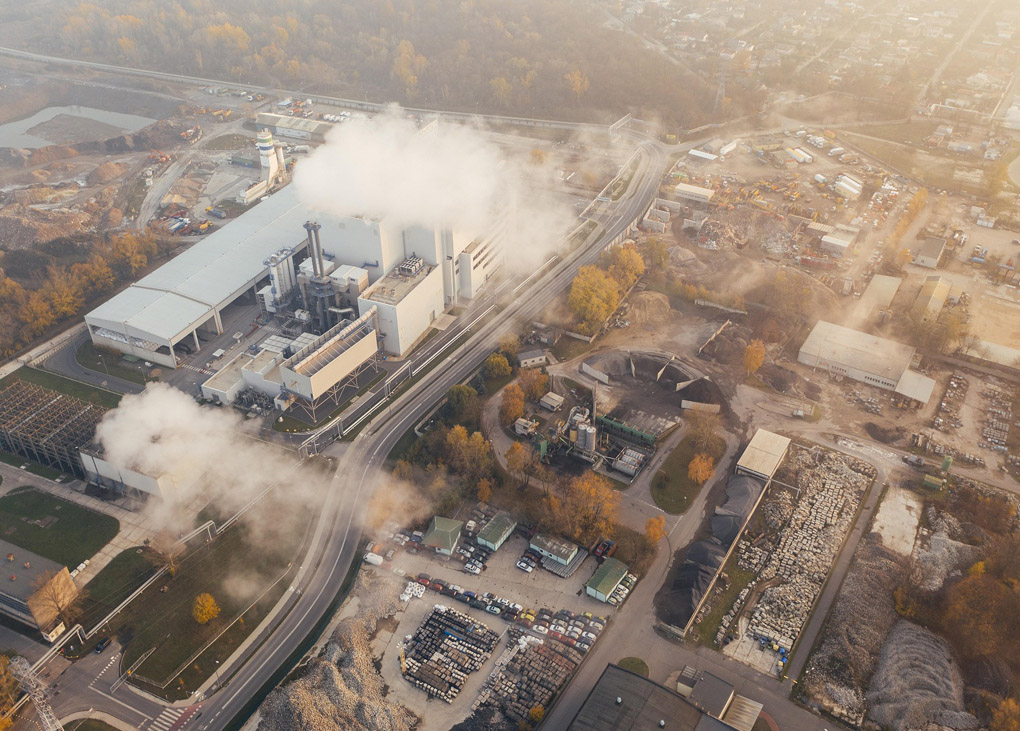
Report: China’s HFC emissions on the rise
A recent study has found that China’s hydrofluorocarbon (HFC) emissions represent more than 20 per cent of total global HFC emissions.
-
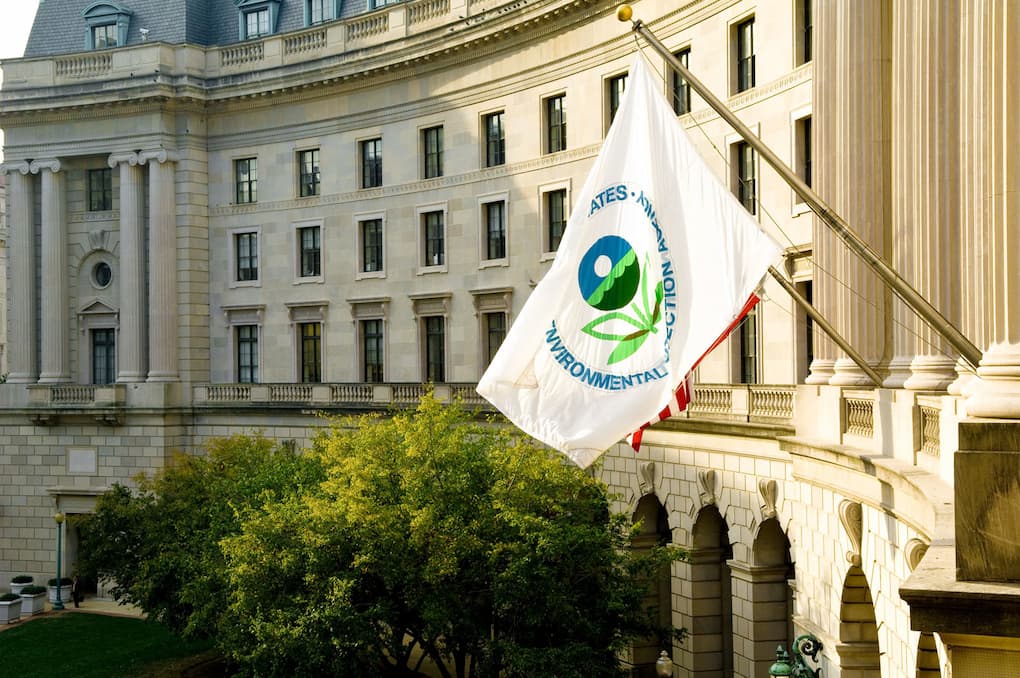
US EPA confirms final pillar of HFC phase-down plan
The US EPA has announced a final rule to establish a new program to better manage, recycle, and reuse HFCs under the AIM Act.
-
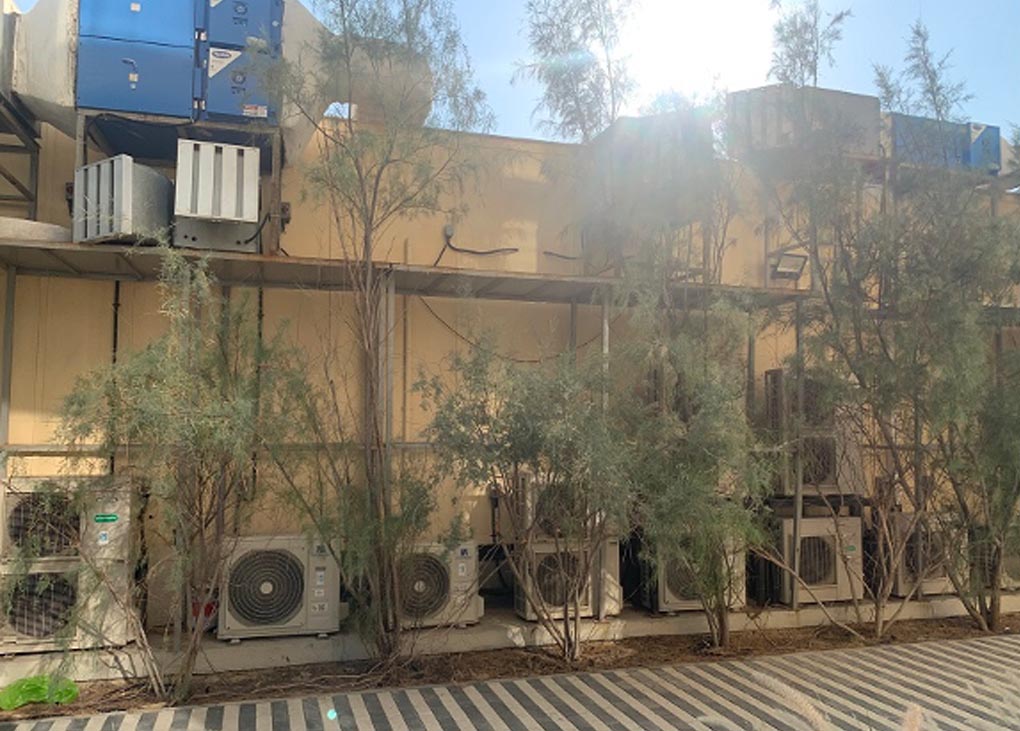
COP28 criticised for unsustainable cooling
The EIA has called out the organisers of COP28 for using air conditioners with “climate wrecking” HFC and HCFC refrigerants.
-
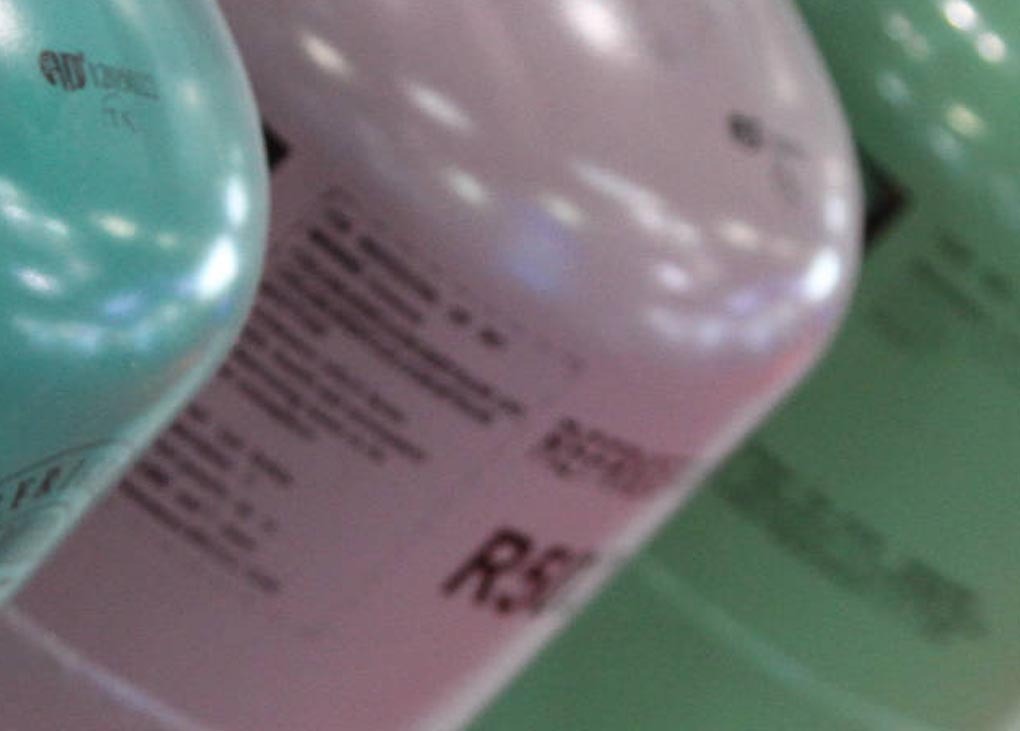
EIA launches “What the F” campaign
The Environmental Investigation Authority (EIA) has launched a new campaign to educate consumers about the impact of fluorinated gases on the environment. “EIA’s Climate campaign has long advocated tackling the ‘low-hanging fruit’ of climate-warming emissions, specifically the phasing out or down of fluorinated gases, or F-gases,” says the EIA. “These are a range of greenhouse […]
-

US lays out next steps for HFC phase-down
The US Environmental Protection Agency (EPA) has announced an HFC reduction of 40 per cent below historic levels from 2024 through 2028. The rule aligns with the bipartisan American Innovation and Manufacturing (AIM) Act’s goals to reduce the production and consumption of HFCs by 85 per cent by 2036. The US began its phase-down on […]
-

Pushing the private sector on sustainable cooling
The Environmental Investigation Agency US (EIA US) has released a new report calling for private sector commitments on cooling to be meaningful enough to tackle the climate crisis. EIA US says the suite of government contributions to curb greenhouse gas emissions alone are not enough to put the world on a path to limit warming to […]
-

The EU phase-down plan – brave or foolhardy?
At the end of February, the European Parliament’s Committee on the Environment, Public Health and Food Safety (ENVI) agreed to major amendments to the F-gas regulation – the EU legislation that controls emissions from fluorinated greenhouse gases. If the changes are confirmed by the European Parliament, it will effectively see a phase-out of HFC refrigerants […]
-
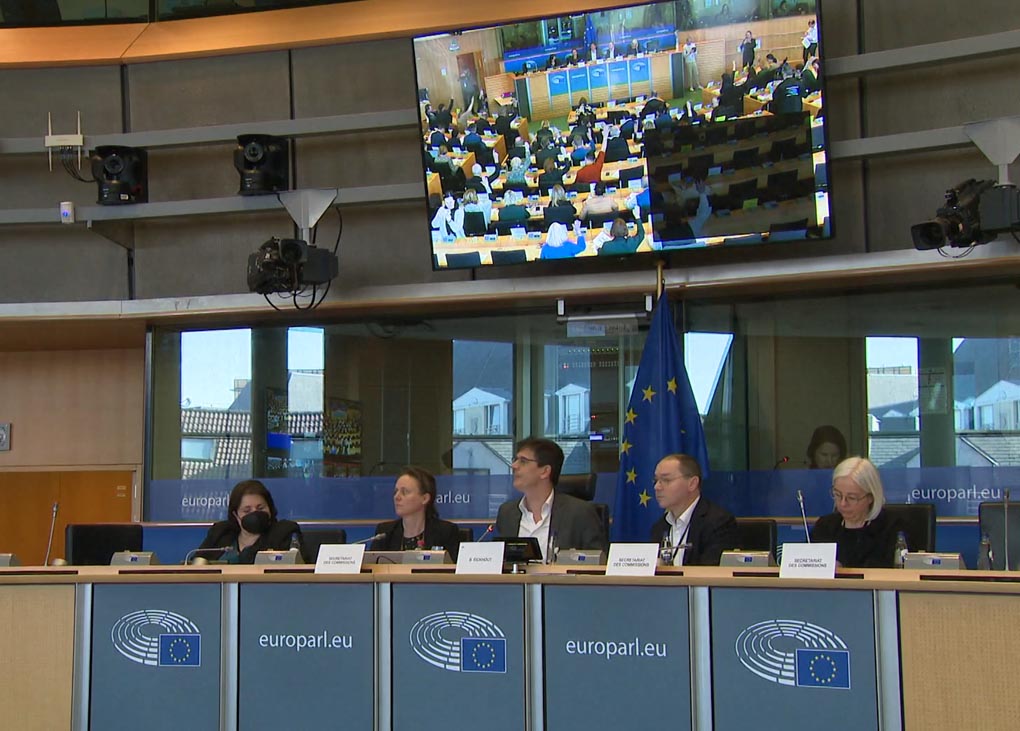
Europe votes to move away from fluorinated refrigerants
The European Parliament’s Committee on the Environment, Public Health and Food Safety (ENVI) has agreed to amendments to the F-gas regulation that will see bans on fluorinated gases in refrigeration and air conditioning equipment over the next five years. It signals a major move away from synthetic gases and towards natural alternatives. “We are making […]
-

US EPA proposes tighter HFC restrictions
The United States Environmental Protection Agency (EPA) has moved to restrict the use of many “super-pollutant” hydrofluorocarbons (HFCs) in new air conditioner and refrigeration systems, as well as in foams and aerosols. The proposal targets the use of HFCs above a certain global warming potential (GWP) and will require most new equipment to transition to lower-GWP […]
-
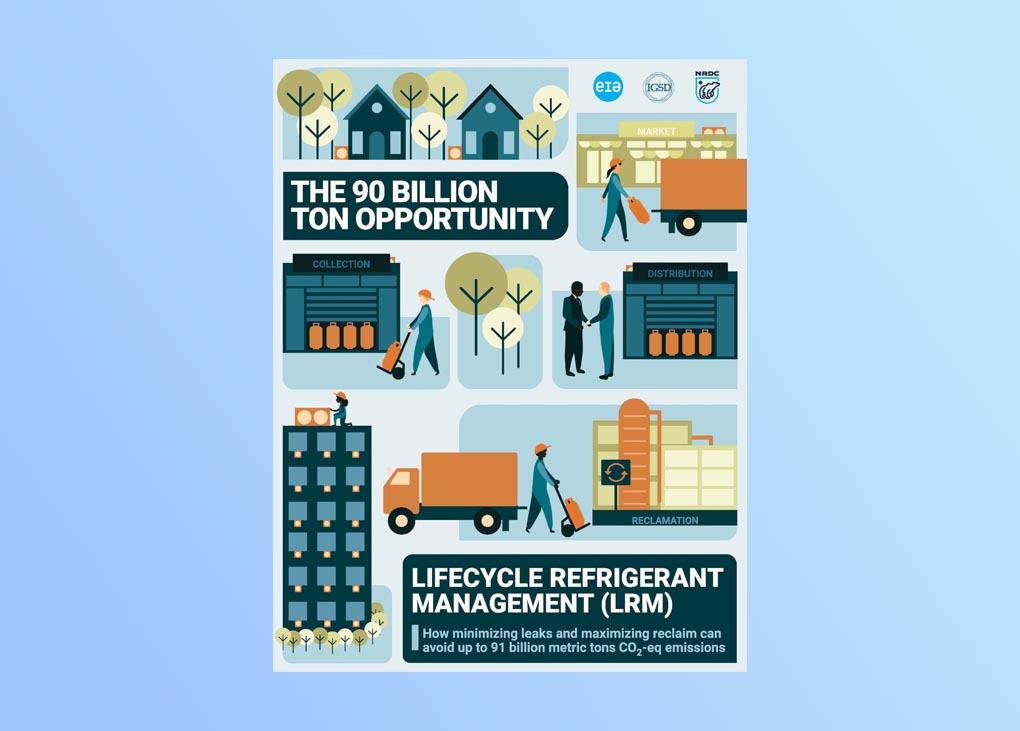
Refrigerant management key to curbing emissions
Fluorocarbon emissions equivalent to 90 billion tonnes of CO2 could be avoided through minimising refrigerant leaks and maximising recovery and reclamation, according to a new report from US agencies. The report, The 90 Billion Ton Opportunity: Lifecycle Refrigerant Management, estimates that better life-cycle management can prevent fluorocarbon emissions equal to nearly three full years of global […]
-

Hydrocarbons the future for residential AC?
Industry stakeholders have applauded a revised International Electrotechnical Commission (IEC) safety standard that will allow larger charges of flammable refrigerants in household appliances such as air conditioners, heat pumps and dehumidifiers. In particular, it could open the way for greater use of hydrocarbons in residential air conditioning. Standard IEC 60335-2-40 deals with the safety of […]
-
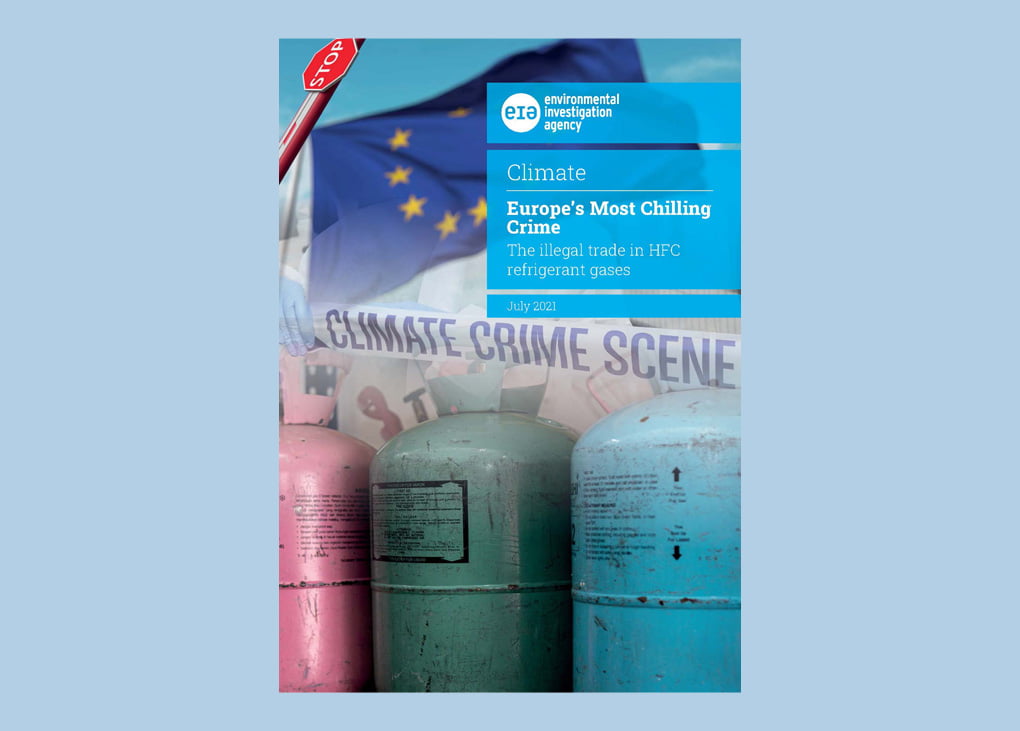
New report exposes scale of illegal HFC trade
A new report from the Environmental Investigation Agency (EIA) has exposed the alarming extent to which HFC refrigerants are illegally bought and sold in Europe. It suggests that the illegal trade represents as much as 30 per cent of the legal trade – or as much as 30 million tonnes of CO2e. Titled Europe’s Most […]
-
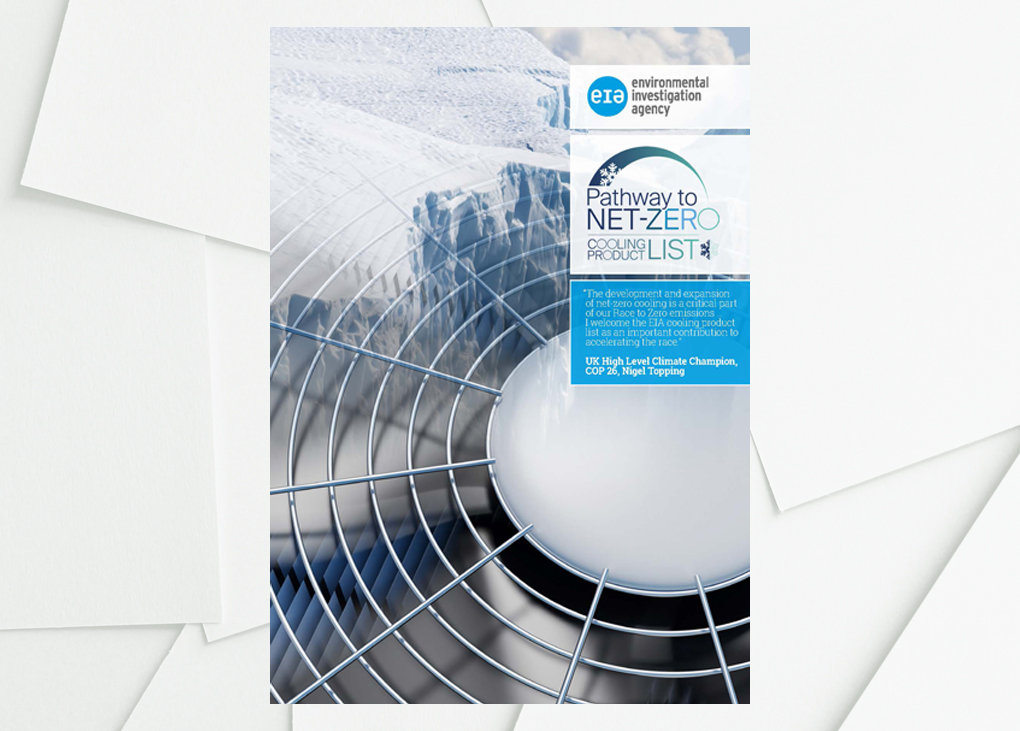
EIA and shecco publish Cooling Product List
The Environmental Investigation Agency (EIA) and natural refrigerants advocate shecco have teamed up to produce a consumer guide titled Pathway to Net-Zero: Cooling Product List. The EIA says the guide is aimed at helping companies cut their collective carbon footprint by providing a selection of products across all major cooling sectors, with a focus on […]
-

Chemours pledges to reduce HFC-23 emissions
Global chemistry company and refrigerant producer Chemours has announced a project to significantly reduce emissions of HFC-23 at its Louisville, Kentucky (US) manufacturing site. HFC-23 is a potent greenhouse gas with a 100-year global warming potential (GWP) of 12,400 – many times greater than most refrigerants used today. It is a by-product of producing R22, […]
-

Supermarket refrigerant leaks caught on camera
The Environmental Investigation Agency (EIA) has released the details of an investigation into refrigerant leakage in US supermarkets. The project, aimed at raising mainstream awareness of refrigerant management issues, is titled “Leaking Havoc” – and the results are indeed alarming. EIA investigated dozens of supermarkets in the District of Columbia, Virginia, and Maryland using portable […]
-

Vote imminent on flammable standard
The votes are set to be counted on an updated international safety standard that would allow increased charge sizes of flammable refrigerants in household air conditioners, heat pumps and dehumidifiers. The proposal has sparked discussion in the world of HVAC&R. Although it would apply to A2, A2L and A3 refrigerants, the proposal has been framed […]
-
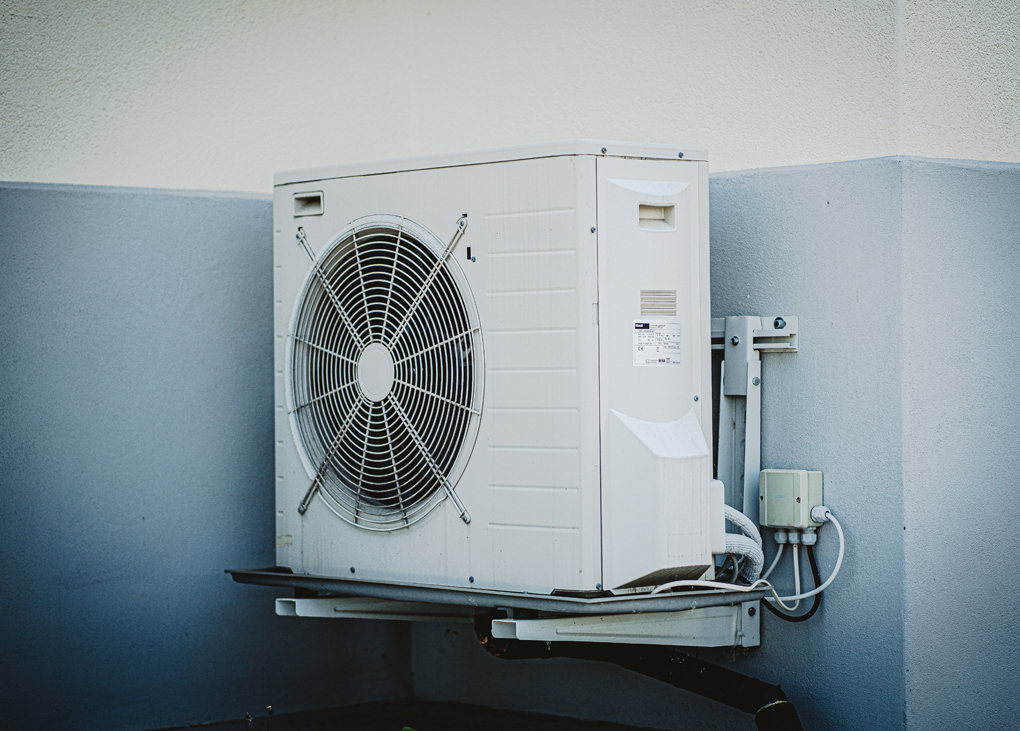
Webinar on possible updates to flammable charge limits
“Cool & Safe: Climate-friendly cooling is just one step away” is a free one-hour webinar on September 30 about the proposed update to the international standard for the use of flammable refrigerants in room air conditioners. It is organised by Environmental Action Germany and independent consulting firm HEAT, in cooperation with German development agency GIZ […]
-

Flammable charge limits on the move again
Charge sizes for flammable refrigerants in HVAC&R equipment are changing with a proposal to raise international limits for room air conditioners, and the adoption of a new standard in Australia for refrigeration appliances. An International Electrotechnical Commission (IEC) working group has released a proposal to update safety standard IEC 60335-2-40. This would allow larger amounts […]
-
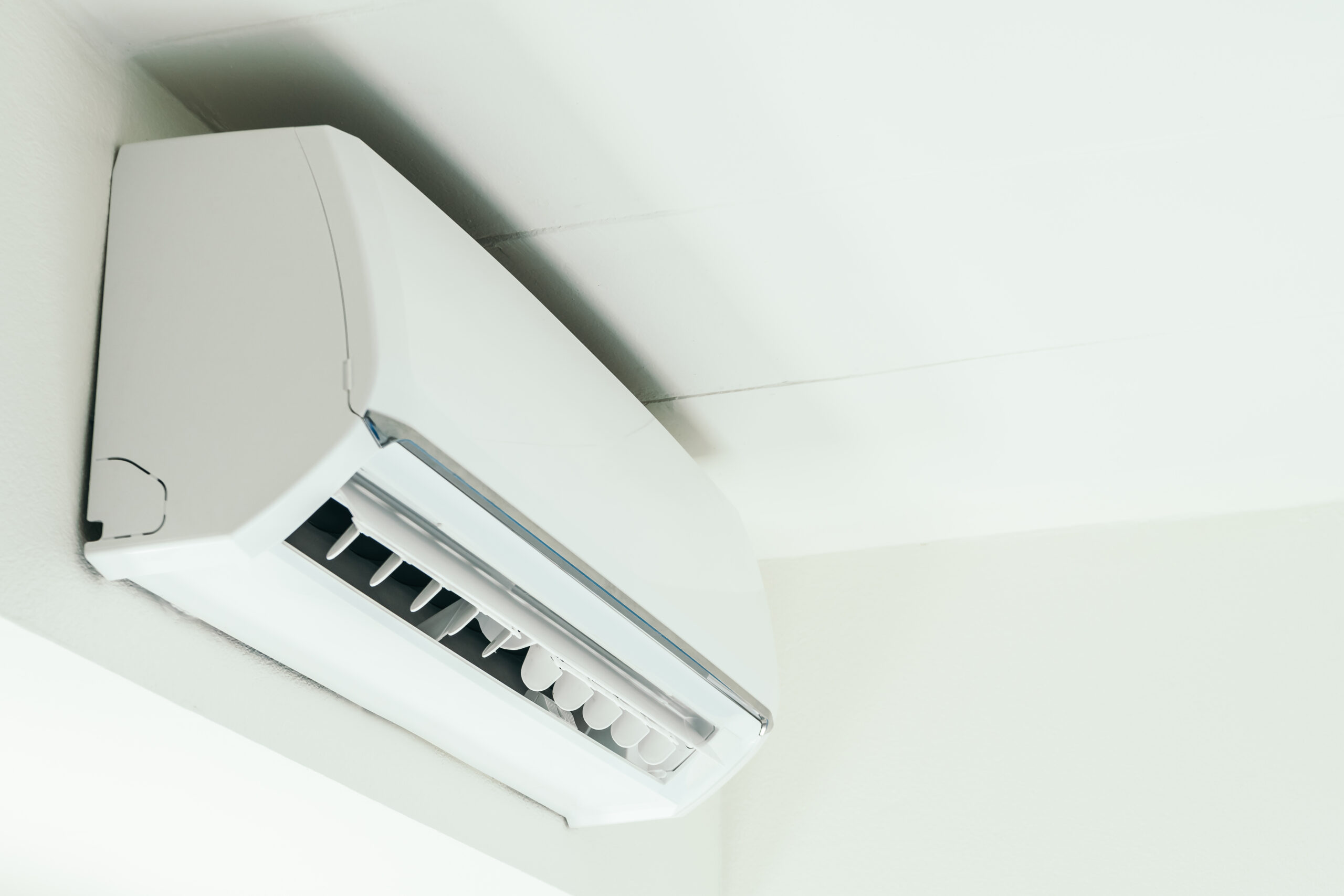
EIA calls for ban of HFCs in split systems
The Environmental Investigation Agency (EIA) has renewed its call for hydrofluorocarbons (HFCs) to be banned in domestic air conditioners, with the claim that a switch to hydrocarbons could prevent harmful emissions equal to 1,400 coal-fired power stations running for a year. New research commissioned by the EIA found that making the change could avoid 5.6 […]